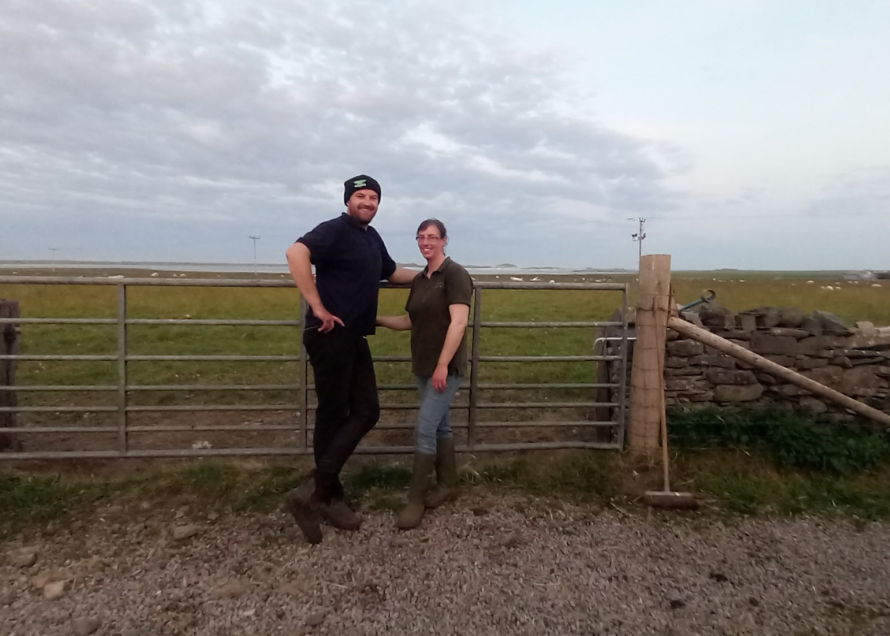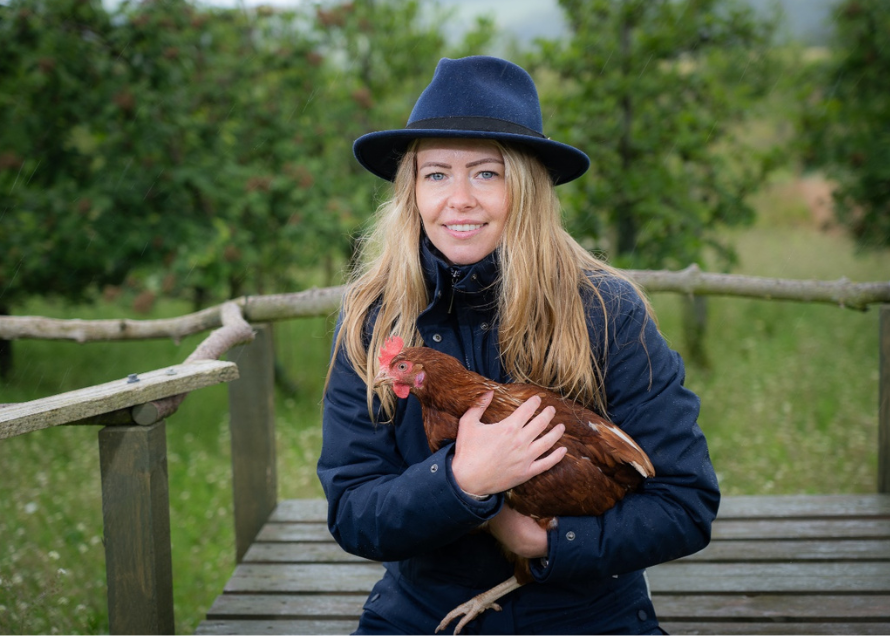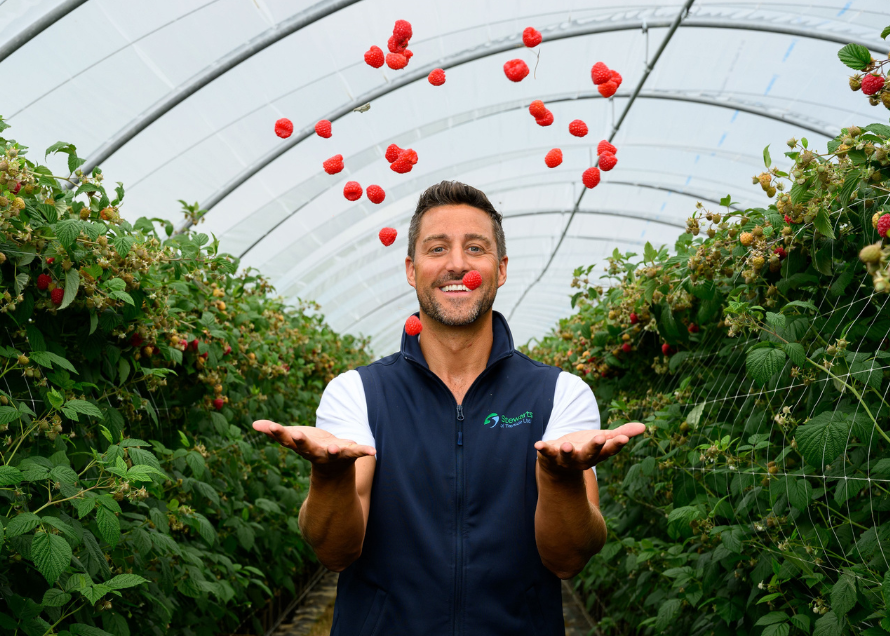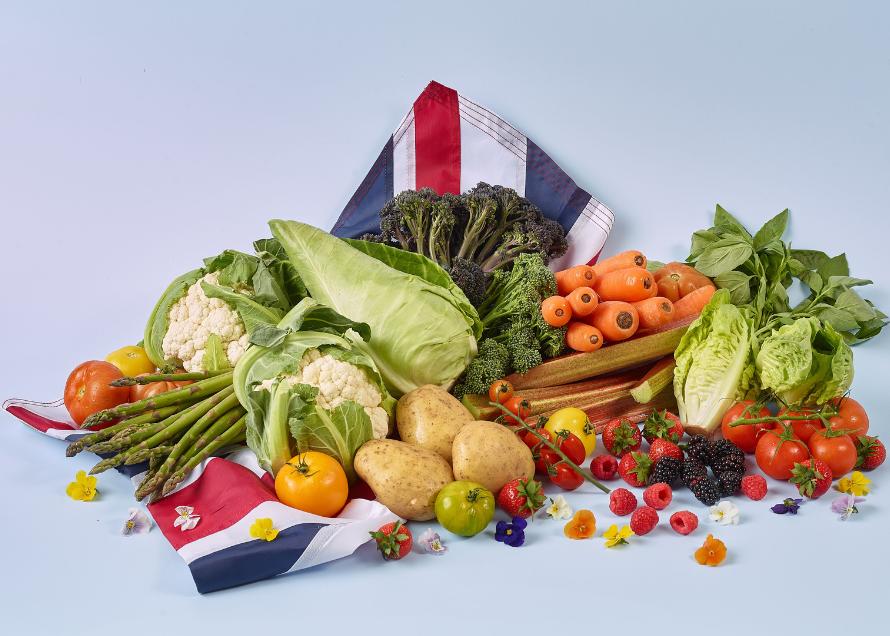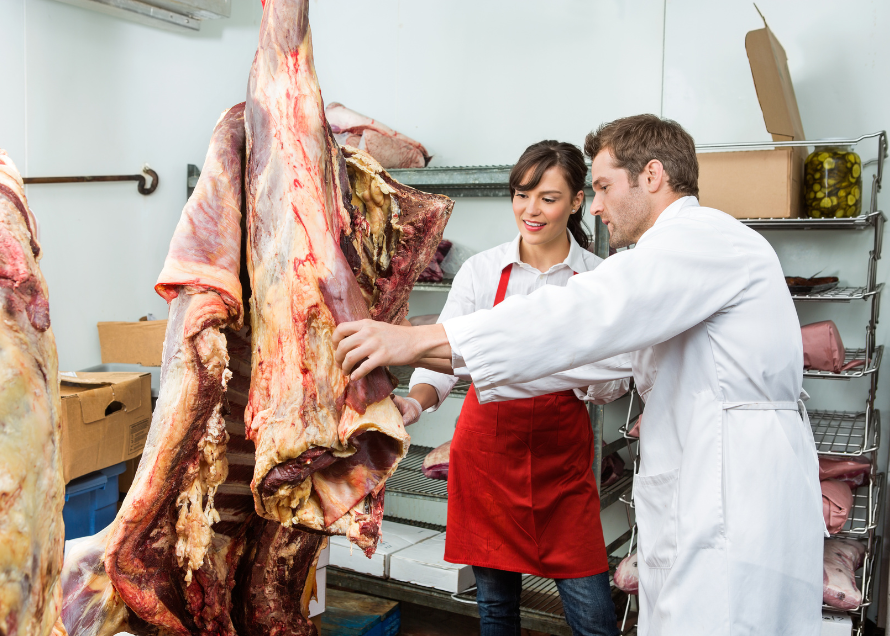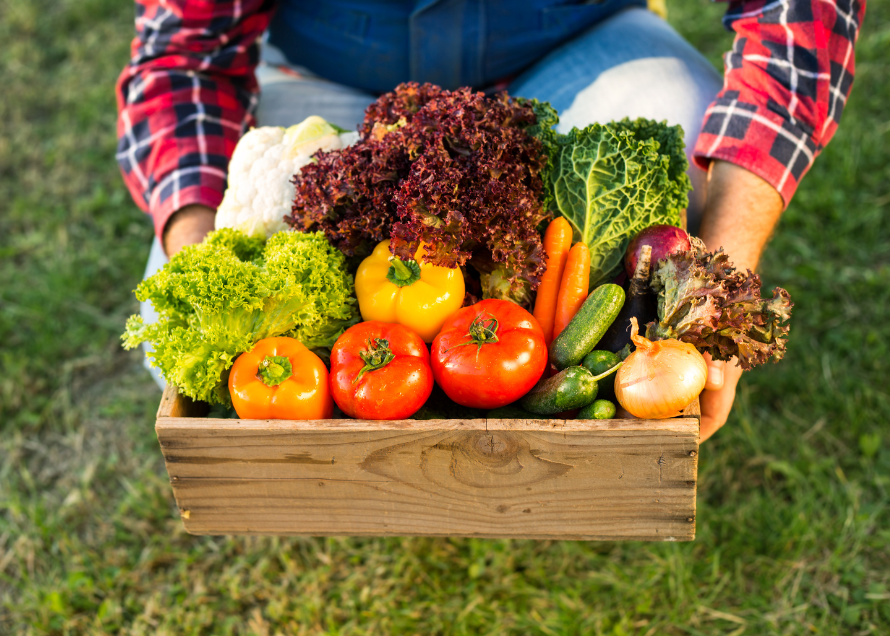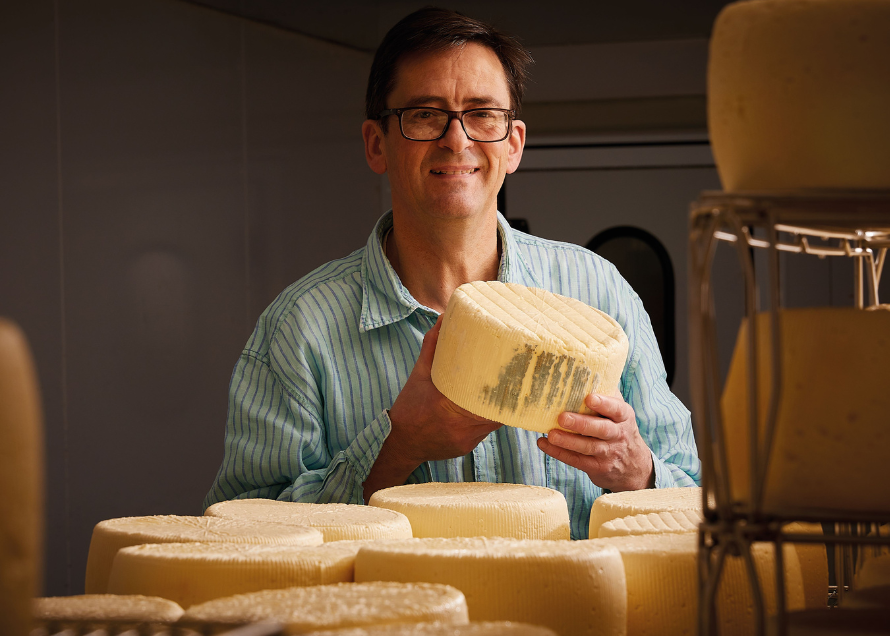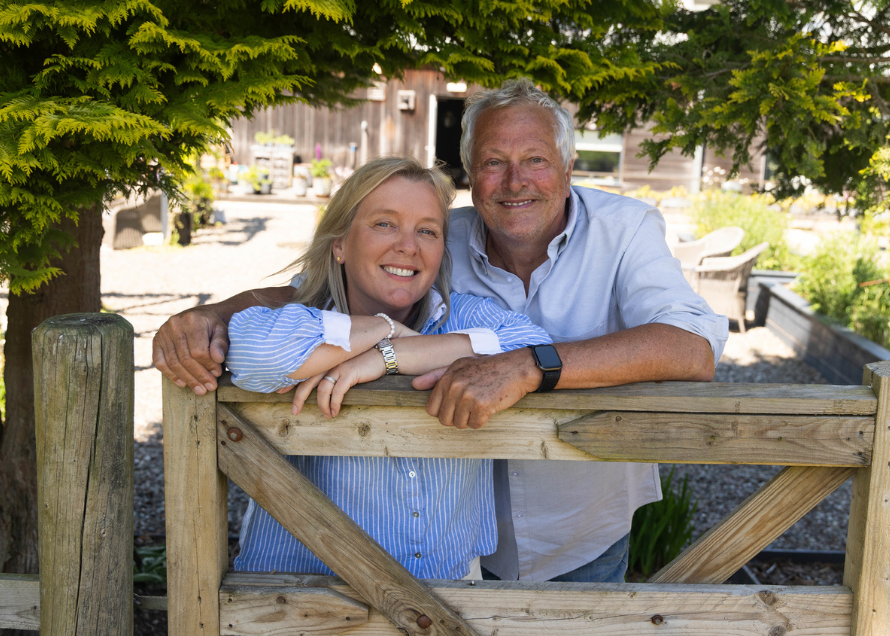SCOTLAND’S increasing use of renewable energy could make vertical farming techniques more climate friendly than the traditional ways our greens are grown in fields, according to researchers in Aberdeen.
The experts at The James Hutton Institute initially found that using indoor, controlled farming methods for growing lettuce would emit more carbon than traditional open field methods, based on Scottish energy use in 2019.
But that increased use of renewables for power – which accounts for up to 91% of the carbon footprint of vertical farming – could now mean it’s on a par with UK open-field grown lettuce in terms of its environmental credentials.
With 100% renewable electricity and further improvements of the technique, emissions from indoor growing could fall further, to less than other traditional growing methods, including Spanish grown lettuce and lettuce grown in UK heated greenhouses.
But even with 100% renewable energy, vertical farming has still yet to achieve carbon neutrality, says Frances Sandison, a life cycle analyst at the Hutton, who led the work.
“There has been mixed evidence around the carbon footprint of vertical farming and it is complex as there are many variables involved,” she says. “But it is a relatively new way to grow food that’s still in a development phase, so there are still many areas that could be improved.
“There are limitations to what can be grown using vertical farming currently, with the focus mostly on leafy greens and herbs. But there are other crops being grown, such as strawberries and tomatoes, and others are being constantly explored.
“There are also other benefits to vertical farming, such as providing year-round produce that’s not exposed to seasonality and can be grown locally, with less need for storage and pesticides.”
The study was based on a theoretical farm. The researchers now plan to expand their research to work with actual vertical farms across the UK, thanks to new funding from the Scottish Government and industry.
The latest funding will also allow them to look at how facilities could be improved to further improve their environmental credentials, including their full life-cycle footprints.
Professor Derek Stewart, Director of the Hutton’s £27 million Dundee-based Advanced Plant Growth Centre (AGPC) innovation centre, funded by the UK and Scottish governments, says, “This work, encompassed within the APGC, highlights the need to think wider and deeper when considering the implications of food production.
“Scotland is increasingly a land of renewable energy and this study highlights that this offers the potential for it to also become a leader in the production of sustainable food for the UK and beyond. A shift to fresh produce production could increase the availability of nutritious and high-quality food, diminish the UK annual import deficit of £6 billion for fruit and vegetables and create permanent high value jobs.”
The research was published in the journal Food and Energy Security and is available here.











